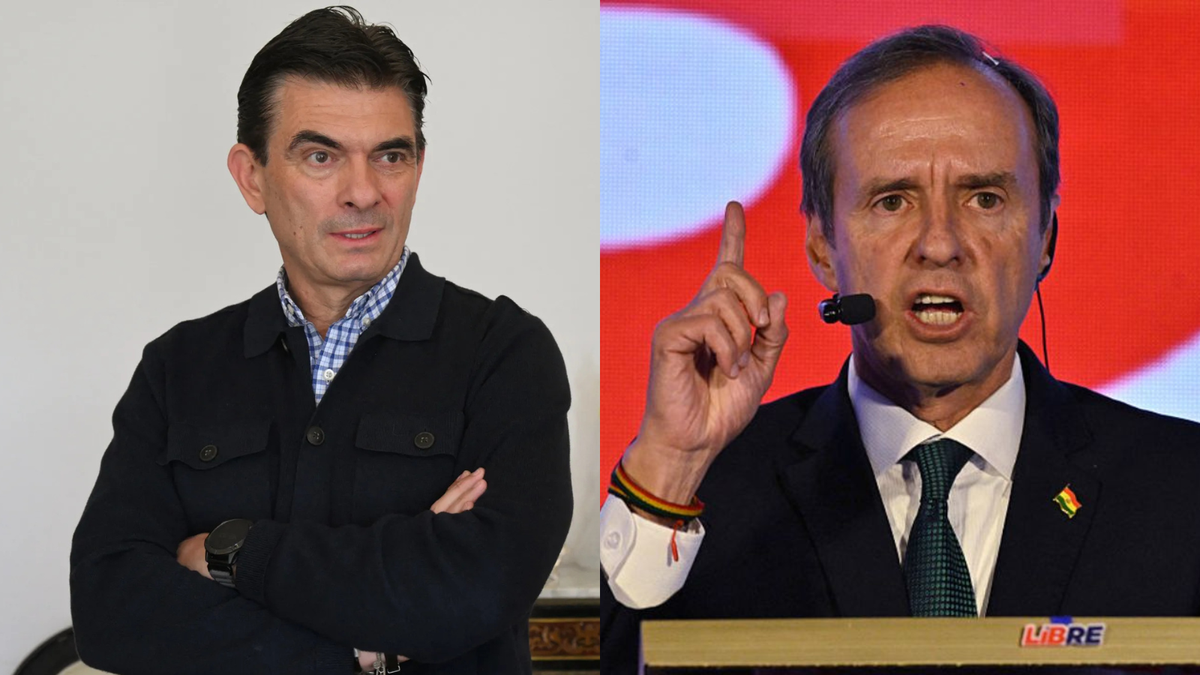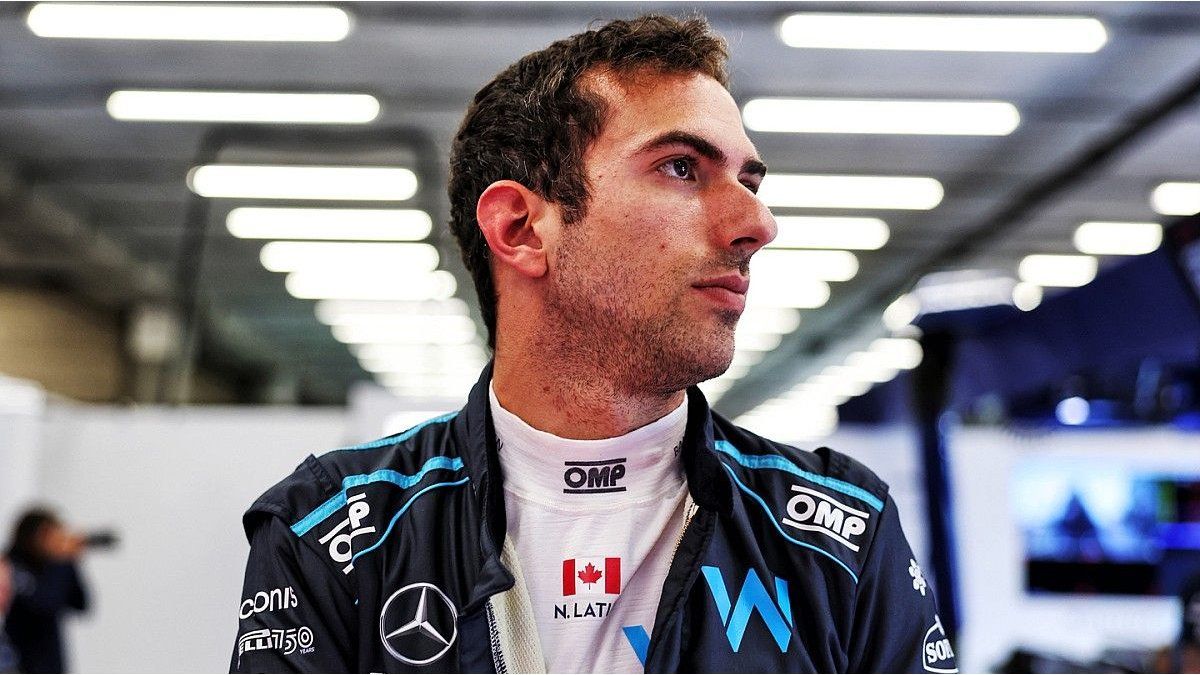I have been working in the news industry for over 6 years, first as a reporter and now as an editor. I have covered politics extensively, and my work has appeared in major newspapers and online news outlets around the world. In addition to my writing, I also contribute regularly to 24 Hours World.
Menu
EU Commission President: Almost there: Von der Leyen nominated for second term
Categories
Most Read
Driving license: These measures should make it cheaper
October 18, 2025
No Comments
Drone sightings: Large majority in favor of shooting down illegal drones, according to survey
October 18, 2025
No Comments
Donald Trump’s government is going to court in the dispute over the National Guard
October 18, 2025
No Comments
Climate change: They are homeless – and harbingers of a changed world
October 18, 2025
No Comments
Different way of dealing with AfD?: Merz: No AfD cooperation with me as party leader
October 18, 2025
No Comments
Latest Posts

As part of the peace agreement, Hamas will hand over the remains of two other hostages to Israel
October 18, 2025
No Comments
While the international focus continues to guarantee the ceasefire in the Gaza Stripthe Palestinian movement Hamas confirmed this Saturday that at 10 p.m. this Saturday

In the ballot, this Sunday the change of direction of the country is defined
October 18, 2025
No Comments
October 18, 2025 – 17:28 Between Rodrigo Paz and Jorge Quiroga, the person who will succeed 19 years of electoral victories for the MAS will

He was key to Max Verstappen’s first title in Formula 1 and retired to study business
October 18, 2025
No Comments
October 18, 2025 – 17:00 He managed to make a name for himself in Formula 1, being key to Verstappen’s title in Abu Dhabi, although
24 Hours Worlds is a comprehensive source of instant world current affairs, offering up-to-the-minute coverage of breaking news and events from around the globe. With a team of experienced journalists and experts on hand 24/7.

